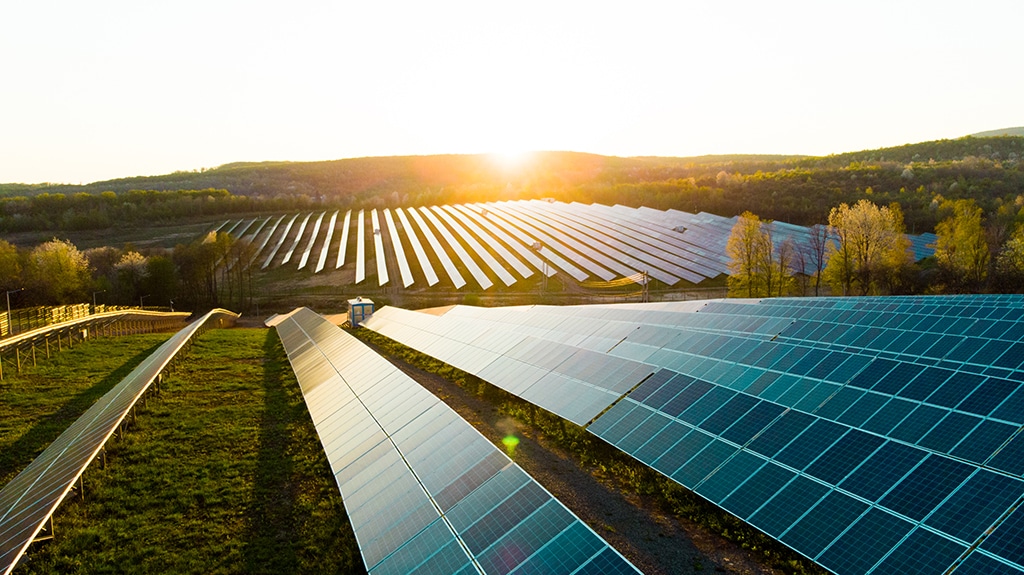Photovoltaic (PV) systems rely heavily on energy storage to ensure stable energy supply, especially during periods when sunlight is insufficient or unavailable. Lead-acid batteries have been widely used in PV systems as an energy storage solution due to their cost-effectiveness, reliability, and widespread availability. These batteries allow PV systems to store excess energy produced during peak sunlight hours and provide energy during the night or during periods of cloudy weather.
Lead-acid batteries contribute significantly to the stability of PV systems by smoothing out energy fluctuations, thus ensuring a continuous power supply. They are robust and well-tested over decades of use in a variety of applications, making them a trusted choice in off-grid and backup energy systems. However, their relatively low energy density and shorter lifespan compared to newer technologies such as lithium-ion batteries can limit their effectiveness in larger PV installations. Despite this, their lower cost makes them a viable option for small to medium-sized systems, particularly in regions where cost is a primary concern.


